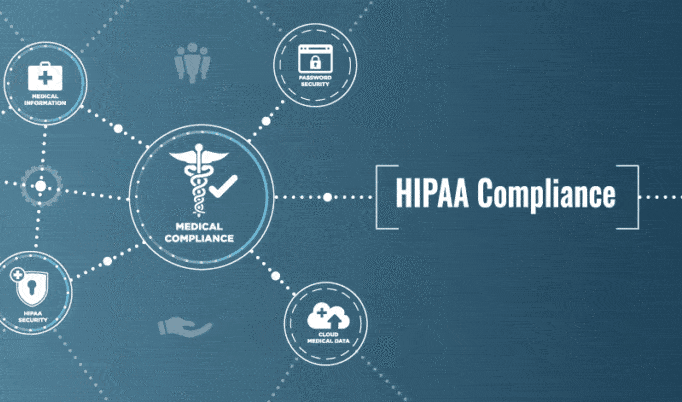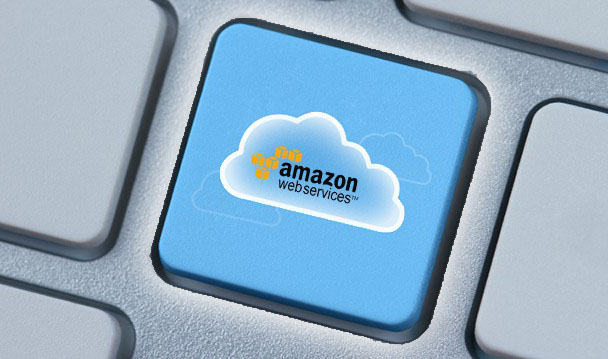The Starter’s Guide to Migrating Workloads to the Cloud
Connectria
Author
Date
November 19, 2019

Most organizations are migrating to the cloud as part of their digital transformation efforts. But cloud services have developed and changed radically over the past decades, and many IT departments soon discover, too late, that migration is a far more complex process than they originally anticipated.
Still, the benefits of migrating applications and data to the cloud are worth it: Better ability to scale, more effective use of resources, better cost control, increased security and compliance…we can go on and on and on. And let’s not forget the fact that customers and end-users say they prefer cloud applications to on-prem ones.
Having helped many clients make the transition and migrate their existing workloads to the cloud, Connectria has found the best approach for seamless migration:
8 Steps for Migrating to the Cloud
Naturally, these steps are meant as a rough outline. Your organization’s situation might require more steps, or fewer, and additional steps might be required depending on the results of testing (see step 8).
- Establish a strategy for migrating to the cloud, including goals and objectives. No organization migrates to the cloud “just because” (or shouldn’t, at any rate). Identify why the organization is migrating and get clear on what success will look like. Use this to set concrete goals.
- Choose the cloud provider that will help you best meet your goals. Where you build and host your environment should depend on the goals you are trying to achieve, as identified in the above step. For example, each public cloud platform is different, with different strengths and drawbacks. Private clouds will be different still. You might even want to consider a multi-cloud solution. Before any migration happens, you should do your due diligence by researching which providers will be the best fit—something Connectria can help you with, too.
- Assess (legacy) application readiness. Applications typically perform best on a public cloud when they have been designed to take advantage of the specific architecture of the platform, relying on its strengths. In reality, though, you will likely have a number of existing legacy applications that will need to be migrated.
There are three basic methods for migrating legacy applications to the cloud:
- Lift and shift. This method involves migrating an application or workload “as is” from one environment to another. Think of it as moving an old house from the country to the city. Nothing about the house changes, just the environment around it. For legacy applications, this is often the easiest method, but for applications built in the pre-cloud era, it can introduce the greatest risks.
- On the other end of the spectrum, refactoring involves rearchitecting/recoding part or all of the application to create a cloud-native equivalent. Clearly the most expensive and time-consuming, this method is most often used for applications for which there isn’t a commercially available replacement option.
- This middle ground option involves modifying enough components of your application to allow it to run on a cloud-native platform. The advantage of this approach is that it will allow you to realize more of the cloud benefits faster than the lift-and-shift method. However, this method can also increase your security and compliance risks if your team doesn’t have the requisite knowledge and skills.
To determine which method is appropriate, you will need to assess your applications in terms of their infrastructure requirements.
- Assess your current infrastructure. Your applications have all sorts of requirements when it comes to infrastructure. You will need to ensure that the cloud platform can accommodate them, or else that you are ready to replatform your applications for the new environment.
The main factors to assess include:
- Amount of storage space needed
- Amount of computational power
- Networking requirements
- Operating system compatibility
Most importantly, you will need to trace out all of the application’s dependencies, which will affect what needs to be moved, and in what order.
- Run backup. The first part of any migration should be a full backup of your existing servers. Hopefully nothing goes wrong as you migrate to the cloud, but one can never be too careful!
- Begin deployment. Now the actual deployment to the cloud can begin. This will include provisioning and testing each individual component as it is shifted. It is important to do this at a time when disruption to the business will be minimal.
- Migrate data. Once the deployment is done, you will want to migrate your existing data as well. This helps ensure business continuity.
- Test the migration as a whole. Be prepared to test all components together once they have been deployed and data has been migrated. This should include load testing and vulnerability assessments. The user experience should be seamless, and security testing should reveal no issues.
A Note on Migrating to the Cloud and HIPAA Compliance
According to a recent HIMSS Analytics survey, 83% of healthcare organizations are already using cloud-based resources. Still, many organizations are asking about HIPAA compliance and the cloud, especially when migrating to the public cloud.
The first thing to keep in mind is that no cloud platform, public or otherwise, is inherently HIPAA compliant. That said, most big-name public cloud platforms (AWS, Azure, IBMi) can be used to create a HIPAA/HITECH compliant cloud environment. The time to do this, though, is at the outset, when setting up the cloud environment. From there, you will need an experienced team to monitor and ensure HIPAA/HITECH compliance.
Further details go beyond this post, but you can find out more about assessing and ensuring HIPAA compliance here.
Connectria Helps Guide Organizations Migrating to the Cloud
Again, there are many options available when it comes to cloud providers and their services. Because we work with many different cloud vendors, we are in a unique position to compare and contrast their specialties and strengths. We can also help you put together your strategy for migrating to the cloud, making sure that you ask the right questions and are aware of any potential risks and complications.
For more about our approach, see our cloud migration services page.
Recommend linking this to the multi-cloud blog post we did.
Note that large parts of this are lifted from Connectria’s white paper– mainly, to keep the wording and content consistent across pieces. (And also because it’s in good, plain English.)
Keep Reading
Prepare for the future
Tell us about your current environment and we’ll show you the best path forward.
Fast track your project. Give us a call.





